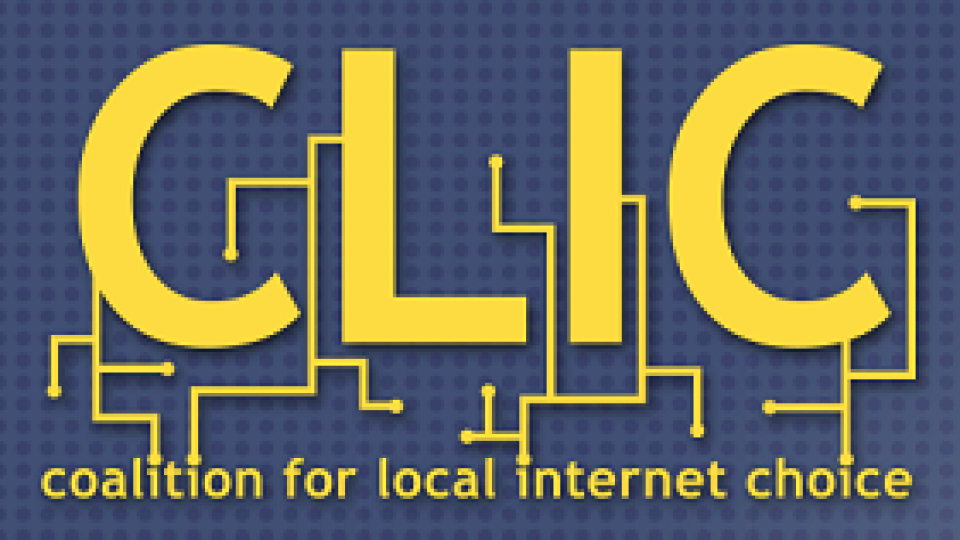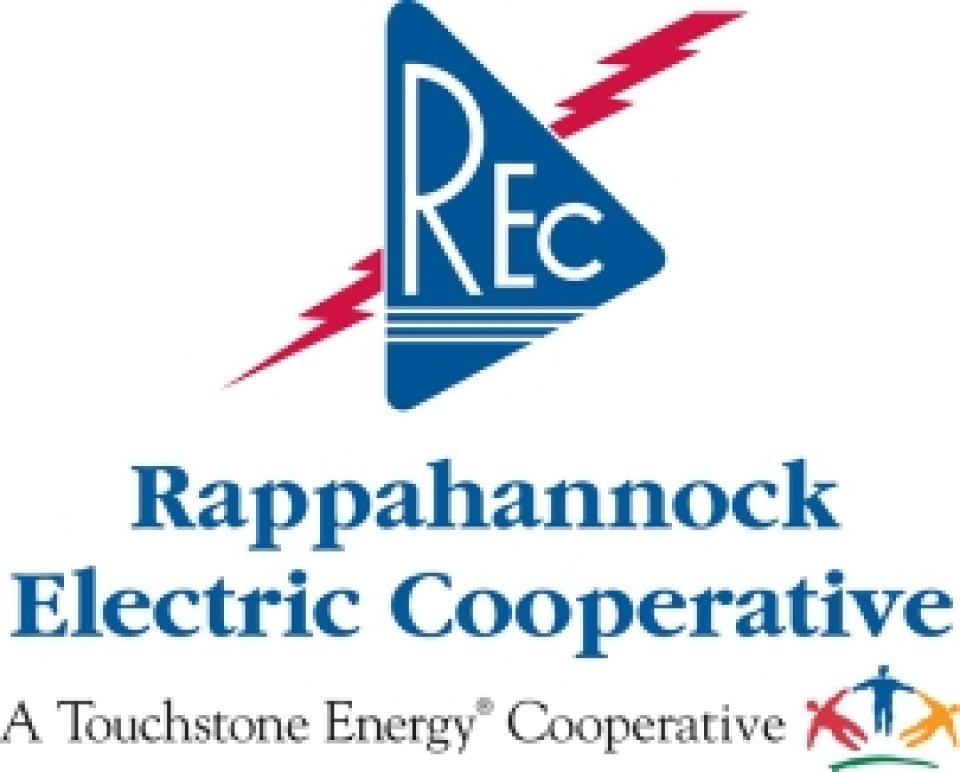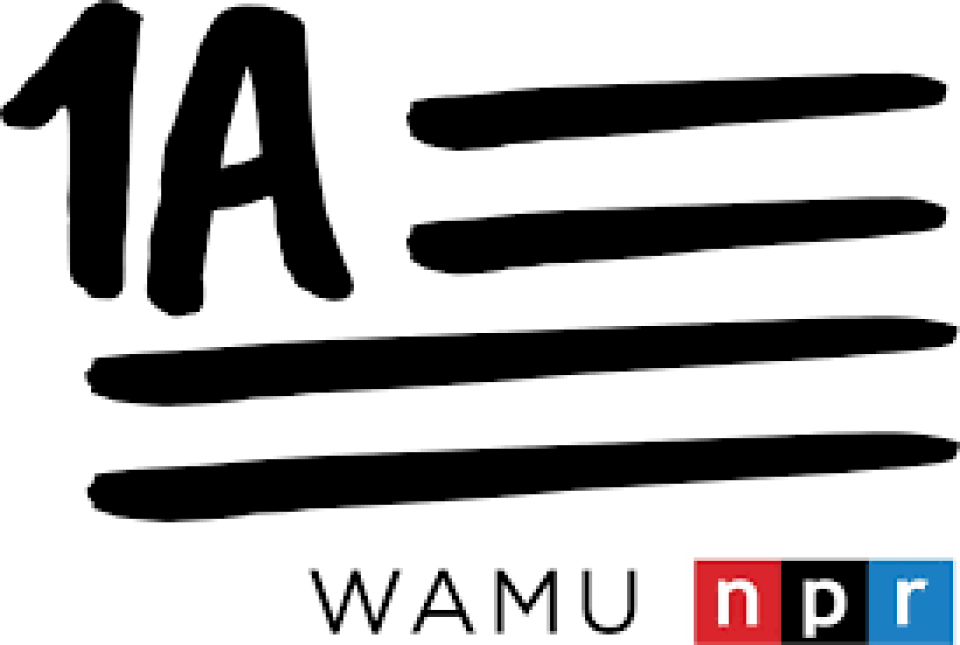
Fast, affordable Internet access for all.

Join us for a special livestream next week on Thursday, November 19th, from 3-4pm (CST). We’ll be talking about a model for financing Fiber-to-the-Home (FTTH) networks with the potential to dramatically expand ultrafast Internet access at affordable rates with no large upfront costs to homeowners. This “fiber condominium” approach pairs collectively owned network infrastructure with the equity boost that comes with bringing symmetrical gigabit access to residential housing.
In this Community Broadband Networks special livestream from ILSR, Christopher will be joined by Deborah Simpier, CEO of Althea Networks, to talk with NetEquity Networks Founder and CEO Isfandiyar Shaheen about how it works, and dig into practical questions about its potential to fiberize rural America.
Less than a third of the nation currently enjoys fiber connectivity, with the remainder stuck with cable or DSL. At least 14 million Americans lack wireline connectivity whatsoever.
We look forward to having you join us for the conversation, and welcome your questions during the stream!
What: Discussing A New Financing Model for Fiber Expansion on YouTube Live
When: Thursday, November 19th, 3pm CST
Where: YouTube Live: https://www.youtube.com/watch?v=J37pWLLHEnM
Who: Christopher Mitchell (ILSR), Deborah Simpier (Althea Networks), and Isfandiyar Shaheen (NetEquity Networks)
Don't miss interviews and other video content from ILSR; subscribe on YouTube!
Despite repeated reminders from the rest of us that Hollywood will only ever give the late night slots to guys named James, Stephen, or Conan, Christopher is determined that if he just hosts enough things he’ll be able to break into the business and leave us all behind. In that spirit comes a new series here at the Community Broadband Networks initiative within the Institute for Local Self-Reliance: Connect This!
Every two weeks, a diverse panel of broadband policy experts and industry veterans will get together and talk about recent news, untangle regulations, demystify technology, dig into grant programs, and have a good time. Compared to the Broadband Bits podcast, Connect This! will range wider and encourage guests to find common ground on the complicated issues that collectively define our networked future. Episodes will have a set agenda and aim for less than an hour, and the plan is to bring at least one guest across two episodes in a row to provide some continuity.
Host Christopher Mitchell shared the driving impulse behind it:
I don't think people working in this space have enough opportunities to hear people wrestling over these different ideas and challenges. A lot of people are working very hard to build networks or better policies and trying to puzzle through things on their own. What is happening at the FCC? What is the deal with that government program? How does this technology work in the real world?
The goal of the show is to address these issues from different perspectives and ask hard questions — questions that we may not always know how to answer. But also to have fun with it because this is an exciting space to work in and we shouldn't have to be super serious all the time.
The first episode is up, with Christopher joined by Cat Blake (CTC Technology and Energy), Karl Bode (TechDirt), and Travis Carter (CEO, US Internet). They talk about US Ignite’s new Project Overcome, state broadband grant programs that exclude municipal networks, and AT&T’s decision to stop connecting users to its DSL network.
Subscribe to the show using this feed.
Email us broadband@muninetworks.org with feedback and ideas for the show.
Another year of the Broadband Communities annual summit is behind us, and it’s worth revisiting the most salient moments from the panels that touched on the wealth and variety of issues related to community broadband regulation, financing, and expansion today and in the future. We weren’t able to make it to every panel, but read on for the highlights.
Last Mile Infrastructure and the Limits of CARES Funding
The first day of the program saw some heavyweight sessions from Coalition for Local Internet Choice (CLIC) on last mile digital infrastructure. For communities at all stages of broadband exploration and investment — whether exploring an initial feasibility study, putting together an RFP, or already planning for the future by laying conduit as part of other projects — partnerships dominated the discussion, with timing and debt also serving as common themes.
ILSR’s Christopher Mitchel helped kick off the conference by moderating the first panel in the Rural/Editor's Choice track, and was joined by Peggy Schaffer from Maine's Broadband Office (ConnectME), Monica Webb from Internet Service Provider (ISP) Ting, and Roger Timmerman, CEO of Utah middle-mile network UTOPIA Fiber.
The group discussed the open access models to start, and the benefits that could be realized from two- or three-layer systems. UTOPIA Fiber has seen some explosive growth and spearheaded significant innovation recently as it continues to provide wholesale service to ISPs that want to deliver retail service on the network. Ting, which recently signed on to be one of two providers on SiFi Network’s first FiberCity in Fullerton, California, also acts as an example of what can happen when we break away from thinking about infrastructure investment and Internet access as one-entity-doing-it-all.
This year’s Broadband Community Summit has gone digital to adapt to the ongoing public health crisis, but will still offer a wealth of information on and seasoned experts speaking to all sorts of topics relevant to community broadband networks. It runs this week from Tuesday to Friday, and interested parties can register here.
Something for Everyone
Note that the Coalition for Local Internet Choice program has two panel sessions on partnerships of all colors and one on federal and state incentives on the first day of the summit. Other topics include:
Speakers

What is Chris Up To?
Our own Christopher Mitchell will be moderating two sessions — one on last-mile infrastructure, and another on municipal broadband success stories. The first, on Tuesday from 11:20a-12:15p:
A couple years ago, fed up member-owners of Rappahannock Electric Cooperative (REC) in Virginia banded together to form Repower REC, a grassroots group that’s seeking to reform the state’s largest electric cooperative and advocating for clean energy and improved Internet access.
Rural electric co-ops are supposed to embrace the cooperative principles of democratic member control and concern for community, but some of REC’s members charge that the co-op’s practices fall short of those goals.
Repower REC hopes to bring greater transparency and member oversight to the co-op, as well as clean energy programs and a cooperative-owned broadband network.
Cleaning up Governance and the Grid
Rappahannock Electric Cooperative serves 170,000 meters in portions of 22 counties stretching from northern Virginia toward the Chesapeake Bay. It is the largest electric cooperative in Virginia and one of the largest in the country.

Member-owners of the co-op launched Repower REC in 2018 in partnership with Solar United Neighbors of Virginia, in response to concerns over undemocratic practices and the lack of transparency at REC. The group has called for a number of reforms, including public board meetings and transparent board elections. People involved in the group have also spoken out against lobbying activities that they believe were not in the best interest of the co-op’s members. Repower REC members have run as candidates for the co-op board of directors, though none have won a seat as of yet.
Get up to speed with how electric cooperatives are rapidly expanding rural broadband access by watching a recent webinar on the topic from the Community Broadband Action Network (CBAN). The webinar is part of CBAN’s Lunch and Learn series, and it features panelists Christopher Mitchell, Director of the Community Broadband Networks initiative, and Steve Collier, Vice President of Business Development at consulting firm Conexon.
View the webinar recording on YouTube or below.
Watch the Webinar
CBAN is an Iowa-based network of local governments, broadband providers, and community groups that advocates for better community broadband solutions. Its Lunch and Learn webinar series has covered a variety of topics, including digital inclusion and New Market Tax Credits.
On the recent webinar, the hosts and panelists talked about how rural co-ops provide broadband to a large and growing portion of rural America. They discussed the various reasons why electric cooperatives invest in fiber infrastructure, including smart grid applications, local economic development, and the needs of rural communities. Other topics of conversation included financing for co-op fiber networks, electric and telephone cooperative partnerships, and co-op member organizing efforts. For more, watch below.
Co-op Fiber Continues to Grow
Learn more about how rural electric and telephone cooperatives are bringing high-quality to rural areas with our report Cooperatives Fiberize Rural America: A Trusted Model for the Internet Era. See which co-ops are investing in broadband by viewing the rural cooperatives page on MuniNetworks.org, which features a periodically updated list of cooperative fiber and gigabit networks.
Stay up to date on how electric cooperatives are connecting their communities with our articles on rural electric co-ops.
Yesterday, the Transnational Institute (TNI) released The Future Is Public, a book that explores international municipalization efforts and the benefits of public ownership. In addition to tracking the successful transition of water, waste, energy, and other essential services to public ownership in hundreds of communities, the book describes how local governments in the United States have increasingly invested in municipal broadband networks.
Chapter 9, “United States: Communities providing affordable, fast broadband Internet” [pdf], analyzes the significant growth of publicly owned broadband networks across the country. The co-authors Thomas M. Hanna, Research Director at the Democracy Collective, and Christopher Mitchell, Director of the Institute for Local Self-Reliance’s Community Broadband Network initiative, explain in the chapter:
In the United States, one of the fastest growing areas of municipalisation and local public ownership is high-speed broadband Internet networks. This is due, in part, to the failure of the highly concentrated, corporate-dominated telecommunications sector to provide fast and affordable service in many parts of the country – especially rural areas, smaller towns and cities, and communities with low levels of income and economic development.
Download The Future is Public and the chapter on municipal broadband on TNI’s website.
Municipal Broadband’s “Proven Track Record”
Tens of millions of Americans still don’t have access to broadband, and Hanna and Mitchell point to telecom monopolies as the reason for the disparity. “A corporate oligopoly in the telecommunications sector is a major reason why wide swathes of the country (both geographically and socioeconomically) are left with inferior or unaffordable service,” they argue.
Merit Network is hosting a weekly Michigan Moonshot Educational Series in the lead-up to their Broadband Summit this fall, and as part of the programming, Director of Community Broadband Networks initiative Christopher Mitchell recently hosted a webinar called “Exploring the Basics of Broadband.” Aimed at community leaders and the interested public, it explores the different solutions — and their relative advantages and disadvantages — in an accessible way.
Access the webinar on Merit's website, or watch the video below.
The Good, the Bad, and the Ugly
Christopher offers a frank discussion and an overview of the present deployments and future prospects of cable, digital subscriber line (DSL), mobile and fixed wireless, satellite, and fiber optic network technologies for both high-density urban areas and sparsely populated rural ones. In particular the webinar succeeds at cutting through industry speak and assessing the practical impacts, as well as the breadth and depth of choices, that local communities should consider in their efforts to connect all their citizens with a modern, reliable network. The webinar also includes discussion of economies of scale, financial feasibility, legal limitations, and the current 5G hype, and is intended to equip attendees with the information they need to contribute to local efforts at increasing Internet access. As an added bonus for listeners, Christopher provides commentary on Smokey and the Bandit, Burt Reynolds, and Austin Powers.
Additional Information
Merit will be also hosting another webinar later this month titled “Local Community Broadband: A Good Answer to Internet Connectivity”, on Thursday, May 28, at 12 p.m. ET.
For more, visit our Key Points page, see our coverage of other communities that have explored building municipal networks, or browse the Community Broadband Bits podcast.
Earlier this week, Community Broadband Networks Director Christopher Mitchell joined the radio talk show 1A, distributed by NPR, to talk about poor connectivity in rural America and how the Covid-19 pandemic is exacerbating existing digital divides. U.S. Representative Abigail Spanberger from Virginia and ranch owner Tiya Tonn from Kansas also called into the show.
Digging Into the Divide
Christopher and 1A’s other guests explained how rural Americans across the country, from the mountains of Appalachia to the plains of Kansas, struggle with inadequate Internet access. Broadband quality varies greatly, so some households must rely on spotty cell phone hotspots or fast food Wi-Fi networks while neighbors several miles down the road may have access to fiber optic connectivity.

The pandemic is heightening the impacts of the rural digital divide on students and workers who now aren’t able to access their usual connectivity stopgaps, such as public Wi-Fi at libraries and schools. Tiya explained how the shaky broadband connection at her family’s ranch forces her to drive into town for routine activities, and her son spoke to the difficulties he experiences trying to attend online classes now that college campuses are closed.
But poor connectivity isn’t only a rural issue — people who lived near Houston and Columbus, Ohio, called into the show to share how they also can’t access high-speed broadband. Christopher added:
Even just three miles outside Chapel Hill, there are stories in North Carolina about people that are stuck on a technology that hasn’t been upgraded since before the kids that are in high school were born.
How to Expand Access
Not only has the ongoing Covid-19 pandemic exposed our nation’s dire lack of medical equipment and protective gear, but it has also shone a light on the inadequacy of our rural broadband networks.
A recent CNN article, “Why rural Americans are having a hard time working from home,” by Harmeet Kaur, explores the many struggles that rural households face now that jobs, schools, and everything else has moved online and their outdated broadband connections can’t keep up.
“We Should Be Embarrassed”
CNN reports that while only 1.4 percent of urban Americans don’t have access to broadband speeds of at least 25 Megabits per second (Mbps) download and 3 Mbps upload, more than a quarter of rural households don’t have broadband available to them. And almost three quarters don’t have access to faster upload speeds of 25 Mbps.
These disparate stats are currently on display at parking lots across the country, as families without adequate home connectivity are forced to drive to open Wi-Fi hotspots and sit in their cars while completing assignments for school and work.
The article shared how one teacher in rural Virginia has turned her school’s parking lot into her new office:
Every Sunday since the coronavirus lockdown started, Stephanie Anstey drives 20 minutes from her home in Grottoes, Virginia, to sit in her school's near-empty parking lot and type away on her laptop. Anstey, a middle school history teacher, lives in a valley between two mountains, where the only available home internet option is a satellite connection. Her emails can take 30 seconds to load, only to quit mid-message. She can't even open files on Google Drive, let alone upload lesson modules or get on a Zoom call with colleagues.
“We are the country that created the internet,” Christopher Mitchell, Director of the Community Broadband Networks initiative, said in the article. “We should be embarrassed that millions of people have to drive to a closed library or a fast food restaurant in order to do their jobs or do their homework.”
High Costs, Slow Speeds
The CNN article points to a number of reasons for the dearth of high-quality Internet access throughout rural America.